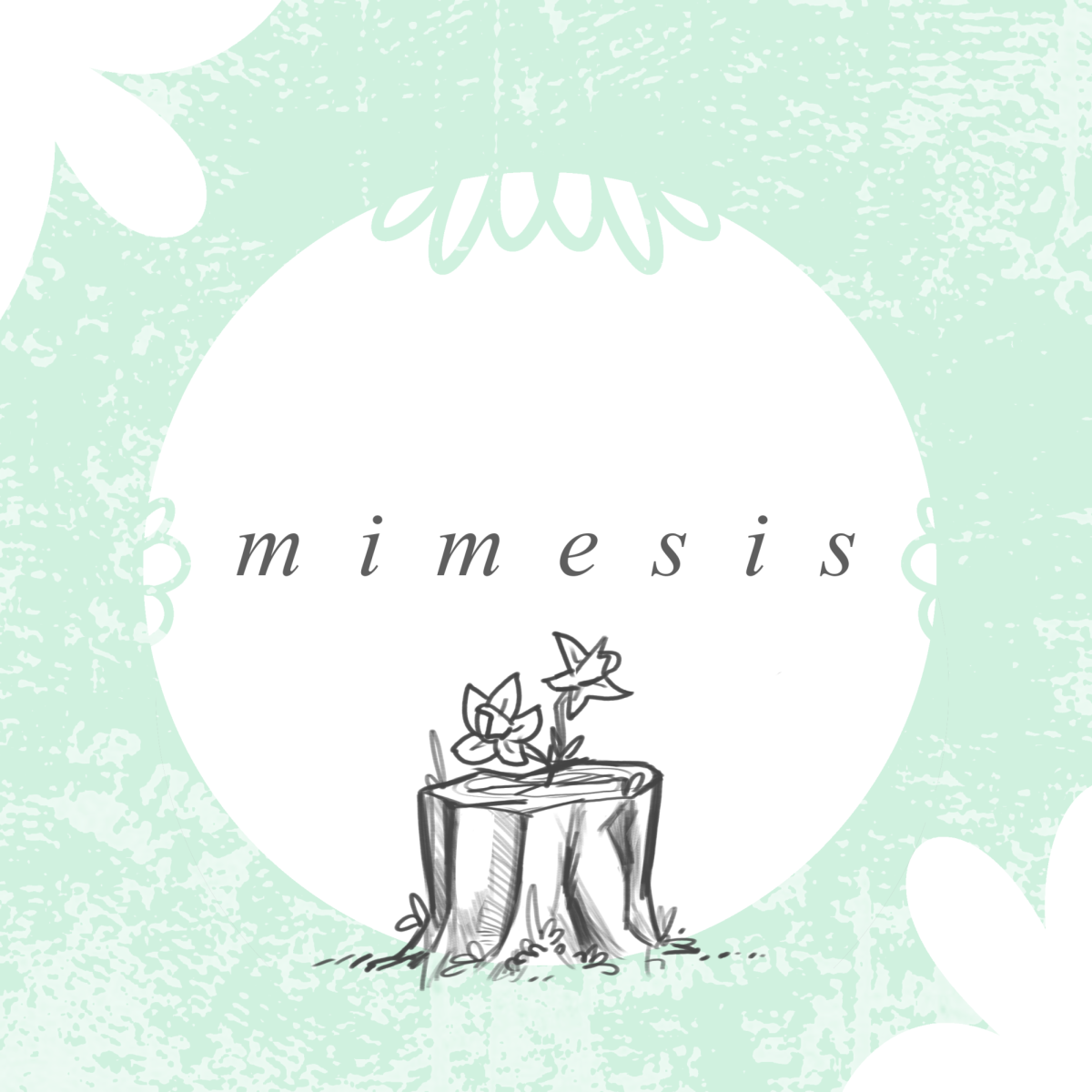Straddling a bench, I am urged by a friend to remove “I feel like” from “I feel like friendship is a movie night.” We’re workshopping a piece I wrote on friendship and its complications. They highlight the phrase and stare at me, chin in their palm, reading my expression.
“The statement sounds truer to your experience,” they say into curled fingers. “You own that thought.”
I swing my leg over the bench so we’re facing each other.
“But do you get what I’m saying?” I ask.
They smile back and reply, “That movie night moved you. It’s okay if some readers don’t relate.”
I’ve been absolutely taken by memoir this semester. As one whose heart is constantly begging to be understood, the act of sharing my inner monologue is thrilling and excruciating all at once. Yes, that movie night moved me, but how can I best include those who weren’t there? This strategy dissociates myself from my own lived experience — if they’re not mine, who do these thoughts belong to?
There’s an airiness to all of my personal, lyrical essays. They’re speculative works of introspection that say very little about my actual movement through the world. I rely on “I wonder if” and “I think that” and even, heinously, “I realize” to do the heavy lifting for me. I, Chloe, don’t say much at all.
If I am alienating myself from the words that represent me, who am I to say that readers should take that representation seriously? Empathy is an exercise, a conscious action that requires thought and effort. Empathy is reciprocal trust. If I cannot trust the reader, why would they trust me to give them something worth reading? Why fight through the dragging preamble to get to the good stuff?
It is a challenge to describe something common in a new way. Not the sort of common that means plentiful, but the common sight humans share. The gravitation towards connection — eyes like sapphires, angry storm clouds, dancing flowers. It’s charming how we compare ourselves to nature and nature to ourselves. It’s easily understood because at some primal level, we see the world together.
Human nature encourages cliche because it is human nature to crave touch. A metaphor is a contradiction — two dissimilar things that form a bridge when glued together. What value is there in a bridge that returns you to the same side of a river?
To say “I feel like friendship is a movie night,” alerts the reader to a predictable end. It’s the same as blurting the punchline too soon. You’re back to the same place you started. Readers should travel when reading an essay. Tell them “friendship is a movie night.” Trust each other as individuals first and the shared trust in the text will follow.
“Of course it moved me,” I say, biting the straw of my coffee cup.
Disassociation from “I”’ as a character is so inherent to my work, that my own trust in my written experience is watery. Mimesis is becoming something beyond media criticism. Books and movies equaled “I feel like” in the sense that they both give me an out. They are romantic failures at memoir. In them, I am a neutral body. One that has no courage to alienate, to be vague, to be honest.
The sun is out, a truck rumbles past our bench. Two girls talk about religion at the table next to us.
“Then let some people not understand,” my friend replies. “They’ll read it that way, anyway.”
In the piece we’re working with, I describe friendship as a willing sacrifice. I fear the perception of others but connect with them regardless. It’s awkward, sweaty and embarrassing. It’s real and true and finally honest.
My friend highlights another phrase, saying nothing — “It’s the beating of a comfortable heart.”


